Disclaimer:
These reflections represent my personal opinions and experiences. They are offered in good faith, not as factual claims about any specific organization or individual. The views expressed here do not reflect those of any church, company, or association with which I am or have been affiliated. I reference public and personal experiences for purposes of commentary, not criticism.
In one of the churches of my youth, the transition to adult membership required a personal signature on the community covenant. For years, I had been included under my parents’ pledge, but upon establishing my own household, the church required my own. What should have been a simple affirmation became a deep conflict. The document spoke of unity, yet its terms reached far beyond faith, asking for “substantial agreement” with a list of rules that, to me, felt rooted more in human interpretation than divine command.

In the Reformed Baptist tradition where I was raised, this covenant was no formality. It was a signed promise between members and God, setting expectations for belief, conduct, and discipline. Alongside it stood the 1689 London Baptist Confession, treated by many almost as a second canon. Together, they defined not only what to believe, but who could belong.
At first, it seemed noble. A shared covenant sounds like the purest expression of unity. But over time, I felt it had shifted from guarding truth to testing conformity. Families left. Friends drifted away. When my turn came to sign, I couldn’t do it. I believed in the faith it professed, but not in the way it was enforced. What was meant to preserve conviction had, in my experience, begun to constrain conscience. I walked away—heartbroken but convinced by conscience that the terms had gone too far.
Years later, I found its antidote in the most unlikely place: a trade association full of internet builders like me.
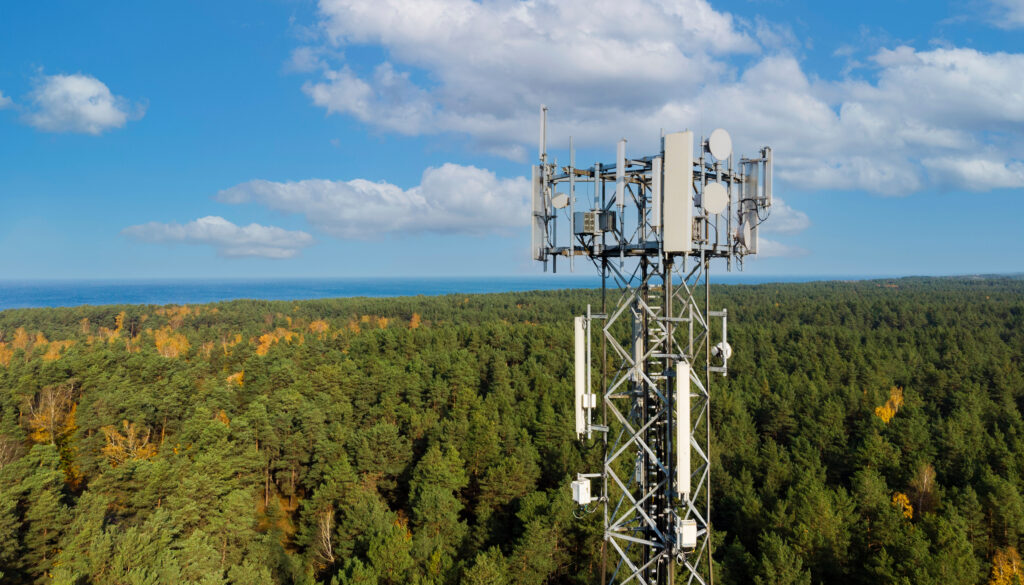
In the wireless industry, we have our own form of fellowship. We debate, compete, and build, sometimes side-by-side and sometimes at odds. Yet we gather under our own kind of covenant. The difference? WISPA’s covenant is a Code of Ethics. It doesn’t bind the conscience on what to believe; it sets a standard for how to behave professionally—with integrity, fairness, and respect. At WISPA, I found what I had been missing: a community that unites on professional conduct while leaving its members free to disagree on everything else.
I’ve been thinking about that journey again this week, especially after reading the thoughtful feedback on my recent WISPAPALOOZA article. It seems our industry is wrestling with its own questions of conscience, and they center on our relationship with WISPA.
I’m genuinely grateful for that kind of feedback. It reminded me that people care deeply about this industry and what it stands for. Passion is a good sign; it means the family is still talking.
I completely understand where they’re coming from. I’ve stood in that same place—frustrated that ideals and institutions don’t always align. And honestly, I agree with much of what they pointed out about the policy itself. In my view, such subsidy programs risk distorting the market and unintentionally stifling competition, points I explored in my Poisoned Goblet article.
Where we seem to diverge is in how we understand the covenant. WISPA, like the Anglican communion I later joined, does not bind the conscience of its members. It doesn’t require or even ask that every operator subscribe to every jot and tittle of a board member, policy plank, or volunteer speaker. Our commitment is to a Code of Ethics, not a statement of belief. What unites us is not total policy alignment but a shared professional agreement about what truly matters. These are things like:
- That wireless internet is a useful tool in connecting the unconnected
- That connecting the unserved is a moral imperative
- That competition is good
- And that technology-neutral, market-driven policy is a sustainable path forward
That kind of unity allows for disagreement without division. Maybe that’s the point. Even in disagreement, we can still stay at the table together.

Of course, we no longer live in a pre-BEAD world. The money is flowing, the decisions are made, and the political will to reverse them does not appear to exist. In that context, ensuring WISPs have a seat at the table is not compromise; it is survival. WISPA’s pragmatism here feels, to me, less like betrayal and more like triage.
WISPA has always been a mirror of our industry, a band of independent-minded builders. That reflection shows both our strengths and our shortcomings. It shows our grit: securing CBRS, pushing the NTIA off its “fiber or bust” pedestal, and fighting to keep the 6 GHz band open for innovation. These are not small feats; they are victories that shaped our collective future.
But the mirror also shows compromise. Like many of you, I don’t want a world where every connection is built on a grant. In a perfect market, I would say, “Let private industry sort it out.” But the world is not perfect. COVID-19 forced policymakers’ hands. Faced with lockdowns, isolation, and political panic, they opened the checkbook. Missteps were inevitable amid the urgency to connect people—connection that, for some, meant the difference between a grandmother seeing her grandchildren or facing isolation on the edge of intubation and death. Those were dark days for all of us, and their full implications are still unfolding.
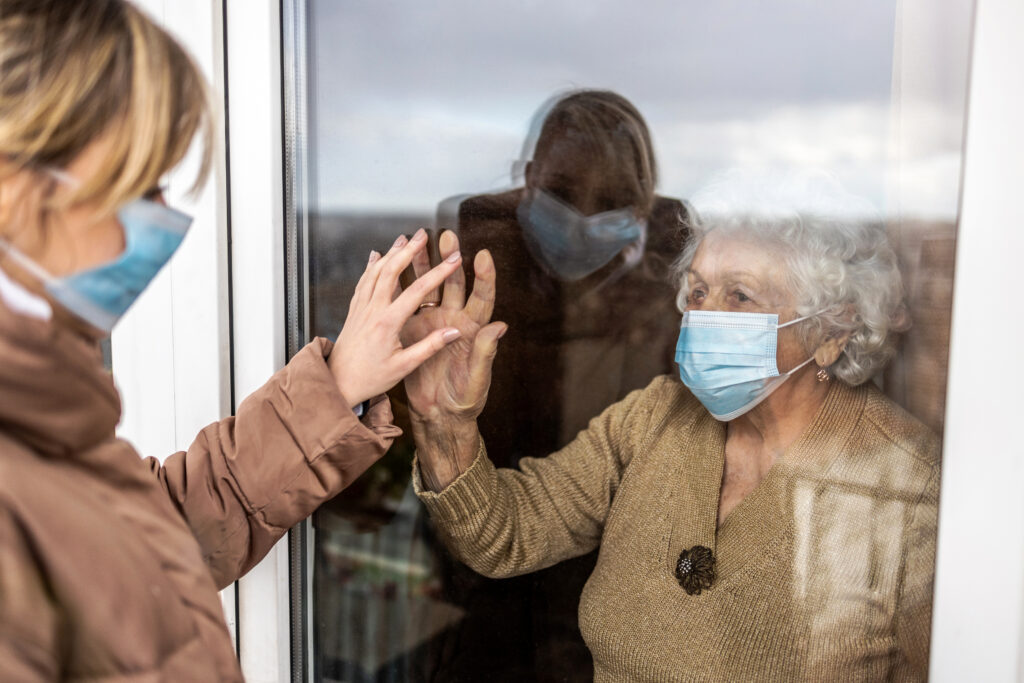
So WISPA adapted. They did what advocacy organizations often must do: work within the world as it is, not as we wish it to be.
And if we are honest, the mirror also shows us. WISPA is democratic. Its direction comes from its members. If we don’t like where it’s going, the way forward isn’t outrage; it’s showing up, voting, running, and engaging.
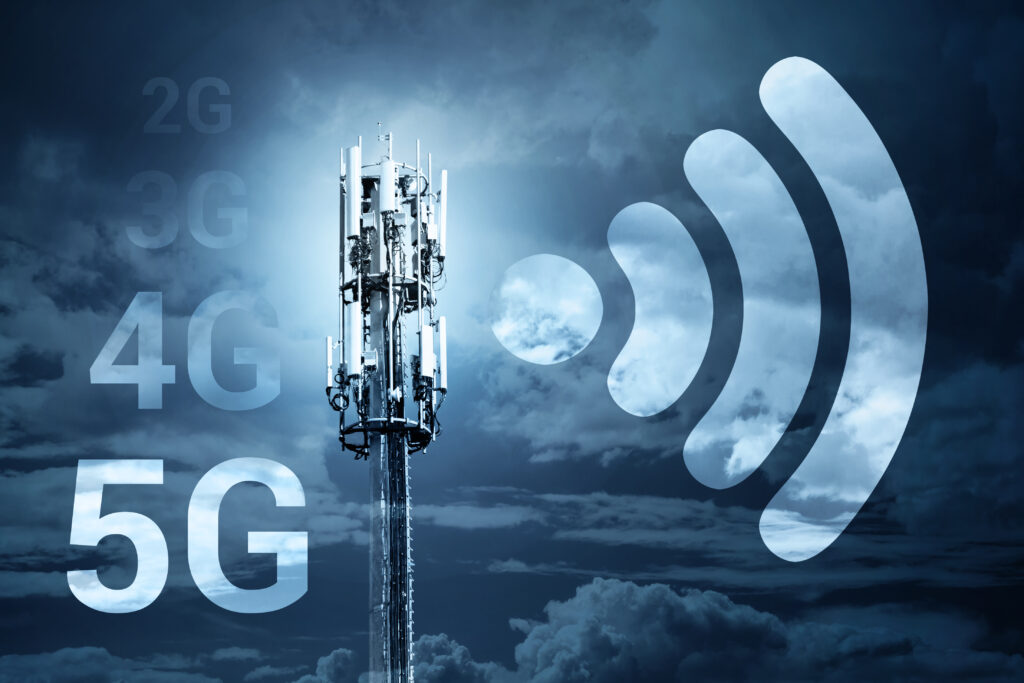
At WISPAPALOOZA 2025, I had a brief conversation with WISPA CEO David Zumwalt about one of my priorities: removing the FCC’s SAS requirement for customer devices.
My reasoning was simple. User equipment cannot transmit without an approved access point, so the rule adds cost and friction without improving incumbent protection. Despite being pulled in many directions, David stopped, listened, and connected me with the right people to advance the idea. That moment reminded me that WISPA leadership is accessible if we take the time to engage.
I understand that reader. I’ve been where they are, when conviction and community collide. I know what it feels like to love something deeply and still walk away because the walls felt too narrow to breathe. That experience taught me that unity cannot be legislated. It must be chosen, built on trust and shared purpose.
So here is where I have landed. I choose to remain in the “Anglican communion” of WISPs if you will. I affirm our “Nicene Creed” of competition, connection, and market-driven policy. On the non-essentials—the politics and the imperfect realities—we will disagree, and that is healthy.
The solution is not to tear down the association because it is imperfect; it is to build it stronger by participating. The answer is not to curse the mirror but to change the reflection.
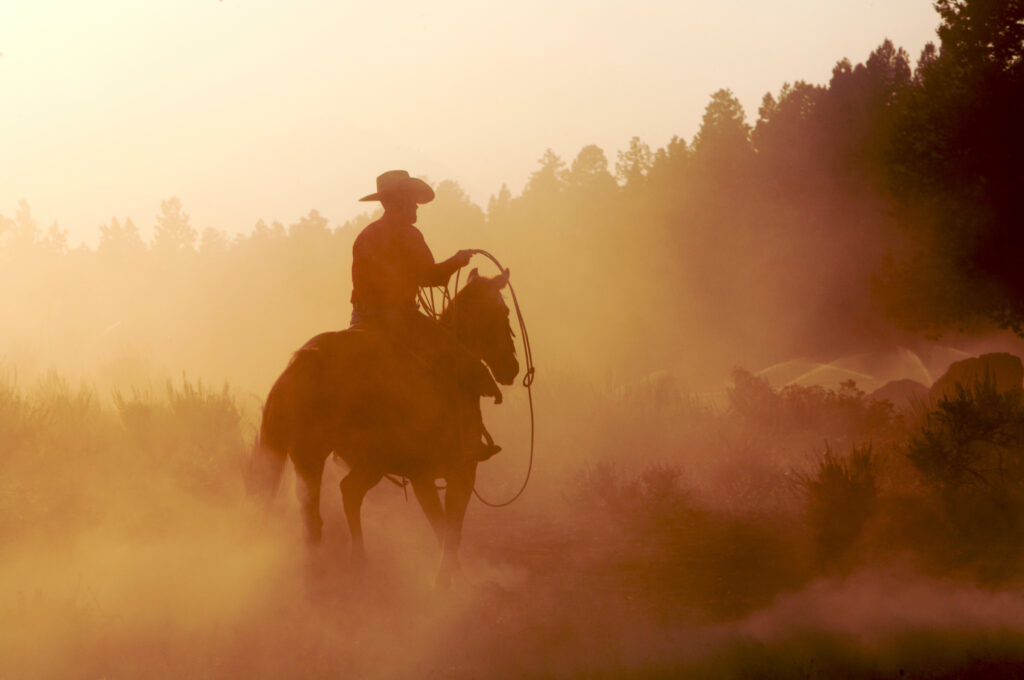
We cannot remain lone cowboys on the range, waiting for someone else to fix what we lament. The health of this industry depends on the same virtues that hold a good covenant together: honesty, participation, and shared responsibility. It is time to act like members of a body, not spectators at a rodeo.
We’ll never agree on everything, and that’s okay. I’m grateful for those who care enough to question and challenge. They remind me that our shared table is worth protecting.
If we want a better WISPA, we must make one. Show up. Speak up. Vote. Lead. That is how covenants are renewed, consciences are restored, and cowboys become a community.
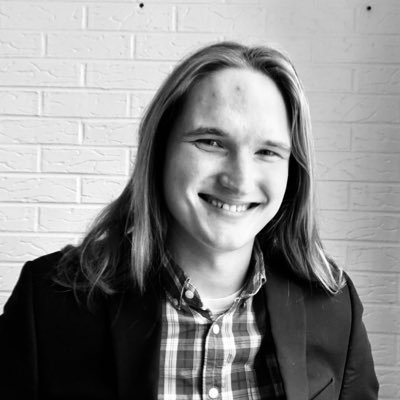
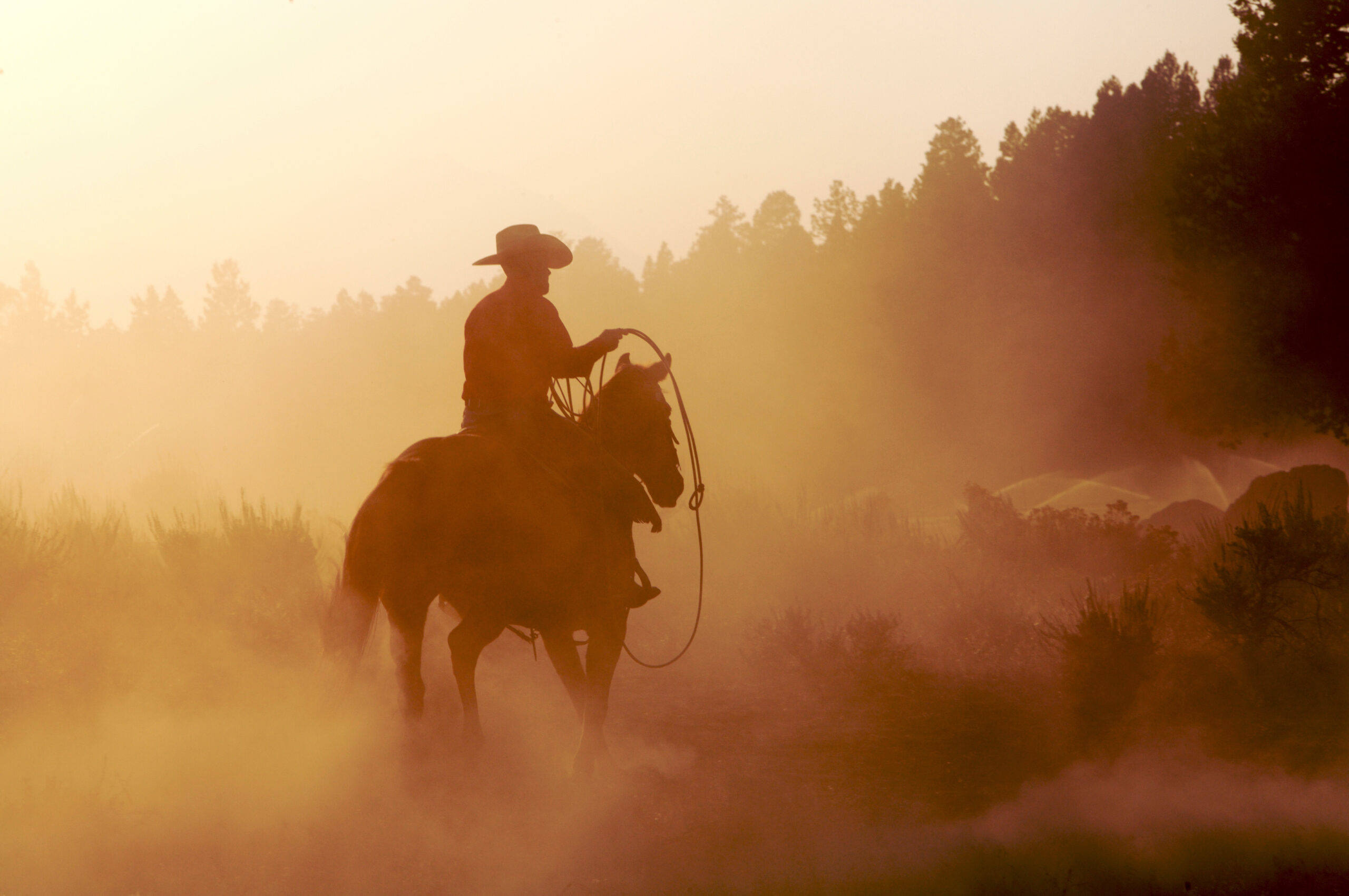
Leave a Reply